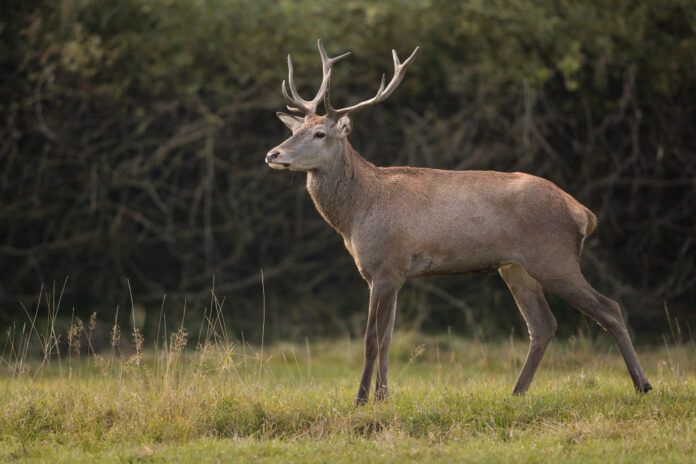Callum a beloved fixture in Torridon, Scotland, succumbs to health issues exacerbated by human interaction
Torridon, Scotland – Callum, a revered stag known for his frequent appearances near Beinn Eighe car park in Torridon, Scotland, met a tragic end after being fed inappropriate foods by tourists. His story has sparked widespread sadness and serves as a cautionary tale about the consequences of human interference with wildlife.
Callum’s decline began as videos circulated online showing tourists feeding him Rice Krispies and croissants, foods unsuitable for his natural diet. Over time, this practice led to the deterioration of Callum’s health, causing him to lose his teeth and hindering his ability to forage independently.
Embed from Getty ImagesThe National Trust for Scotland, responsible for the area’s conservation, made the difficult decision to euthanise Callum on welfare grounds. According to their spokesperson, Callum’s condition had deteriorated significantly, with signs of poor body and coat condition, along with arthritis, causing him pain and discomfort.
Andrew Grant McKenzie, a local historian, described Callum as a “local legend” who had lived a full life despite the challenges brought on by human interaction. McKenzie emphasized the importance of respecting wildlife and refraining from feeding animals foods they cannot naturally obtain.
The incident has reignited discussions about responsible tourism and wildlife conservation in the Scottish Highlands. Tourists often seek interactions with local wildlife, but this incident underscores the unintended harm that can result from well-intentioned actions.
Analysis:
Political Perspective: From a political standpoint, the incident highlights the need for stricter regulations or guidelines regarding wildlife interaction to prevent such tragedies. It prompts discussions about the role of local authorities in educating visitors and enforcing rules to protect wildlife habitats and species.
Social Perspective: Socially, Callum’s story has resonated deeply, evoking emotional responses and sparking conversations about ethical tourism practices. It underscores the responsibility of tourists to educate themselves about local wildlife and to prioritize the well-being and natural behaviours of animals over personal gratification.
Racial Perspective: In the context of race, this incident does not directly relate to racial issues. However, it does touch on broader themes of human responsibility and stewardship toward the environment, which are universal concerns irrespective of racial backgrounds.
Gender Perspective: Similarly, from a gender perspective, the story does not directly address gender-specific issues. It emphasizes broader themes of ecological responsibility and the impact of human actions on wildlife habitats and species, affecting all individuals equally.
Economic Perspective: Economically, the incident can impact tourism if mismanaged interactions with wildlife lead to negative publicity or stricter regulations that deter visitors. It highlights the economic importance of sustainable tourism practices that prioritize environmental conservation and animal welfare.
